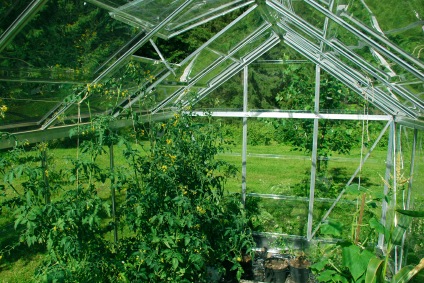
In chapter 4 of the book "Earth Awakens: Prophecy 2012 - 2030" the Founders provide some practical recommendations on the number one investment priority for making the transition to the Golden Age: buying land and growing food.

If money is no concern, buy a piece of land mid-way between the flood plain and the mountains, import several tons of minerals, add these and a lot of compost to the soil, and begin planting. Focus on variety, for two reasons: (1) your body will get a variety of nutrients; and (2) if some of the crops fail due to erratic weather patterns or unforeseen pests, others will thrive.
Since many areas of the planet are getting warmer, buy your land in a temperate zone (away from the tropics) and then add some subtropical or tropical items to your temperate crops. You might be surprised, for example, that avocados, citrus, figs and mangoes might just make it north of southern California and Florida.
Use the latest greenhouse and hydroponics technologies. Read all about permaculture.
Learn how to properly store foods during inclement years. Do research on which storage materials are best. Make sure you select containers that do not release toxic chemicals during extreme heat or cold.
Practice living in harmony with beneficial and harmful insects, including parasites. Bless the creatures that prey on your crops and visualize golden light protecting your land and keeping it safe from predators.
Support your local heirloom seed bank. As GMO crops continue to proliferate, it will become harder to find uncontaminated seeds (due to cross-pollination).
Know your local farmer, or be your local farmer. If you know the farmers in a 100km radius to your own land, you can trade, barter, volunteer and get involved in each other's farming projects. If you get wiped out by hail, probably others will have crops that survive and you can assist the farmers that have the good yields and be rewarded with their surplus. If you are the fortunate one, be willing to feed those whose crops get ruined. Maybe one year the hailstorm will hit your field and everyone helps you, and the next year it will hit your neighbor's field and you can return the favor.
If some of your neighbors are not informed about the hazards of GMO crops, do your best to educate them. There are volumes of literature detailing the problems with such crops. If one of your neighbors insists on continuing the GMO practice, you will need to cover or otherwise protect your crops from cross-pollination.


No comments:
Post a Comment